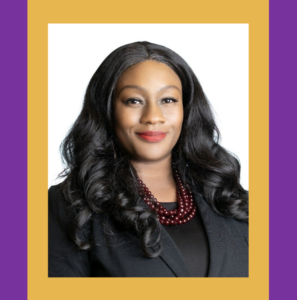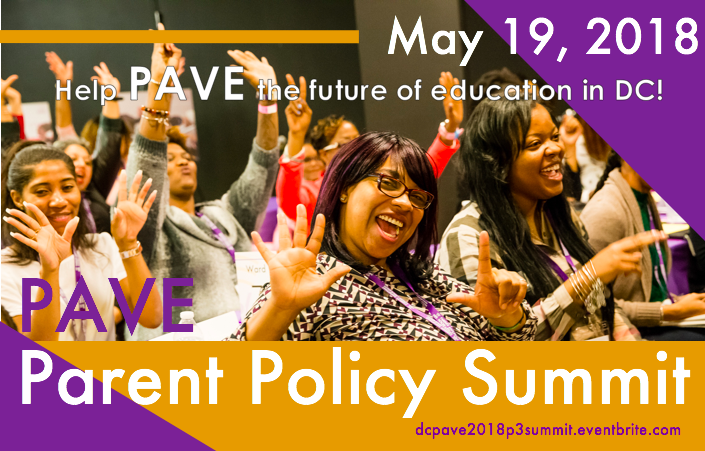Imagine sitting at your breakfast table on a Saturday morning. You see the sun shining through the windows, hear feel-good music playing from the radio, and take that deep breath of relief that only a weekend morning can bring. Then, you notice an email from your child’s teacher, and suddenly, that calm and cool Saturday morning, feels anything but. This lone email is how I learned that my son was failing in school.
 I couldn’t understand why the teacher had waited until the end of the semester, when it was no longer possible for my son to make up work, to inform me of his grades. Better yet, I couldn’t grasp why the teacher hadn’t reached out when they noticed the initial decline in my child’s academic performance. The situation was disheartening. I had always been a proactive parent. Throughout my son’s schooling, I had consistently held my son and his teachers accountable. But now, my son was a rising senior. I wasn’t micromanaging his grades like I did when he was younger, and when he started to fail suddenly, it was shocking.
I couldn’t understand why the teacher had waited until the end of the semester, when it was no longer possible for my son to make up work, to inform me of his grades. Better yet, I couldn’t grasp why the teacher hadn’t reached out when they noticed the initial decline in my child’s academic performance. The situation was disheartening. I had always been a proactive parent. Throughout my son’s schooling, I had consistently held my son and his teachers accountable. But now, my son was a rising senior. I wasn’t micromanaging his grades like I did when he was younger, and when he started to fail suddenly, it was shocking.
I later learned that his struggles stemmed from COVID related closures, and the abrupt transition to virtual learning. When I finally learned this, I felt like I had failed my son. I felt helpless, and began second-guessing my parenting style. Maybe I had given him too much space too soon.
There is a fine line between taking the training wheels off your child’s bike while running behind them; and leaving them to figure it out, fall and suffer alone. And there is a fine line between empowering your child to take charge of their academic success, creating a sense of independence and responsibility as they transition into adulthood, and supporting their schooling needs.
I immediately scheduled a meeting with my child’s teacher. In preparing for our meeting, I logged into my child’s PowerSchool account (PowerSchool gives parents and caregivers online access to their child’s grades and assignments) to assess the issue, and spoke with him to get his perspective on things. Together, we created a plan detailing how he would like to improve his grades.
I also wrote down the parental concerns I wanted to address. Lack of communication, and waiting until my son was failing to notify me, were completely unacceptable. Additionally, reaching out to me on a Saturday, yet not responding to me until the following week, contributed to my feelings of being an afterthought.
The experience inspired me to advocate for consistent transparency and communication between schools and families. After the situation with my son was resolved, I began encouraging other parents that I knew to check their children’s PowerSchool accounts weekly. Most importantly, I made sure other parents were aware of the process to dispute grades, and make-up missed work.
An open relationship between families and educators has always been critical, but I feel the importance is now even more heightened after the release of the 2022 DC PARCC results. The data revealed what many expected after 2 years of COVID related disruptions. Virtual learning was not effective in educating ALL children, and as shown in my experience with my son, many students were left behind and struggling.
With so many children dealing with mental health and academic needs, it is imperative that educators prioritize consistent communication with parents and families. When children are aware of a healthy and efficient relationship between their parents and teachers, they are less likely to be deceptive. They are more encouraged to speak up and ask for help when they know they have a circle of adults ensuring their success. As cliché as it sounds, it truly does take a village.
My experience all those years ago has shaped me into the Ward 8 PLE Board member I am today. No parent should receive a text, email, or phone call from a teacher that leaves them feeling overwhelmed, confused, or uninformed. Schools have a responsibility to communicate learning issues in real-time. It is my priority to make sure that happens.

